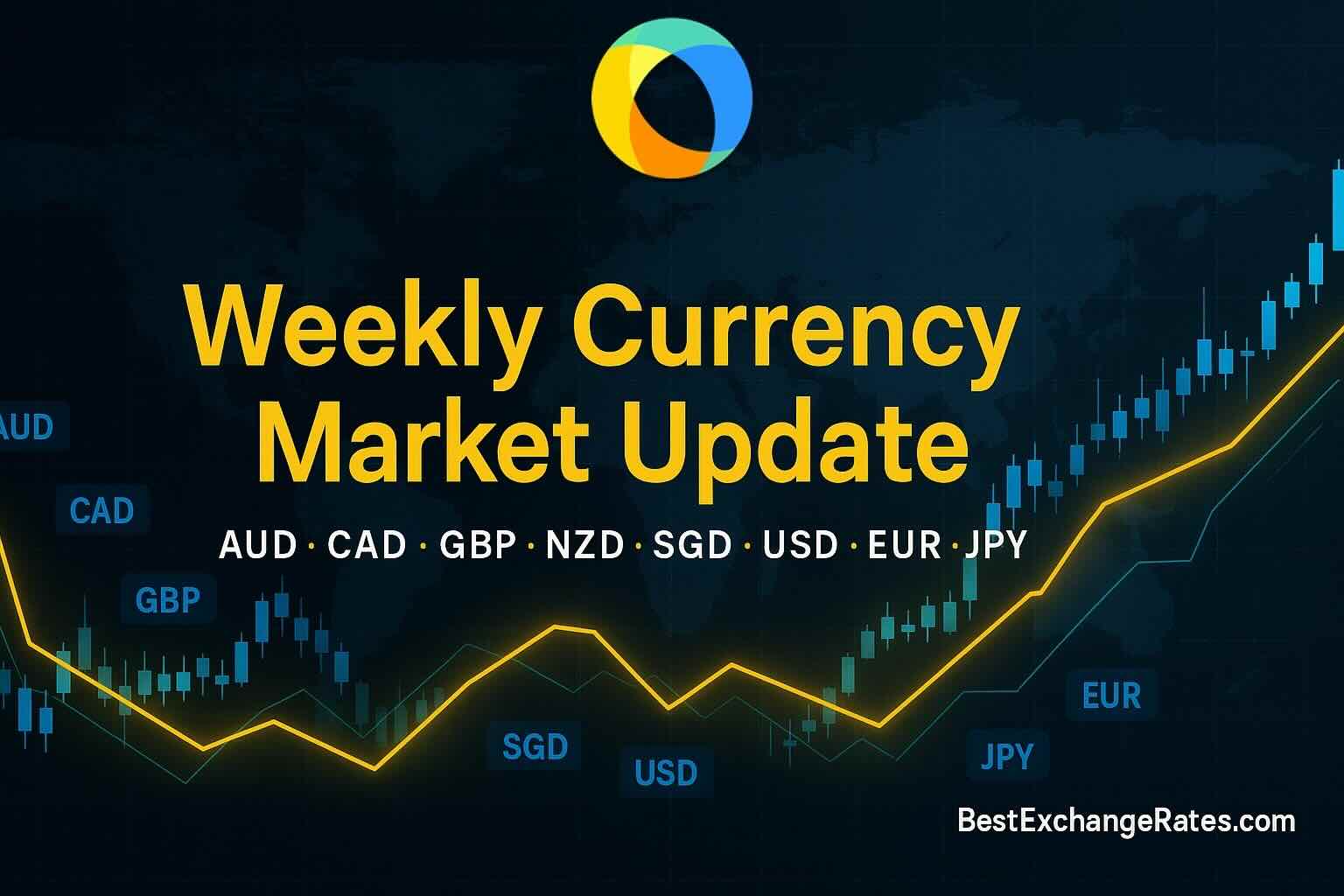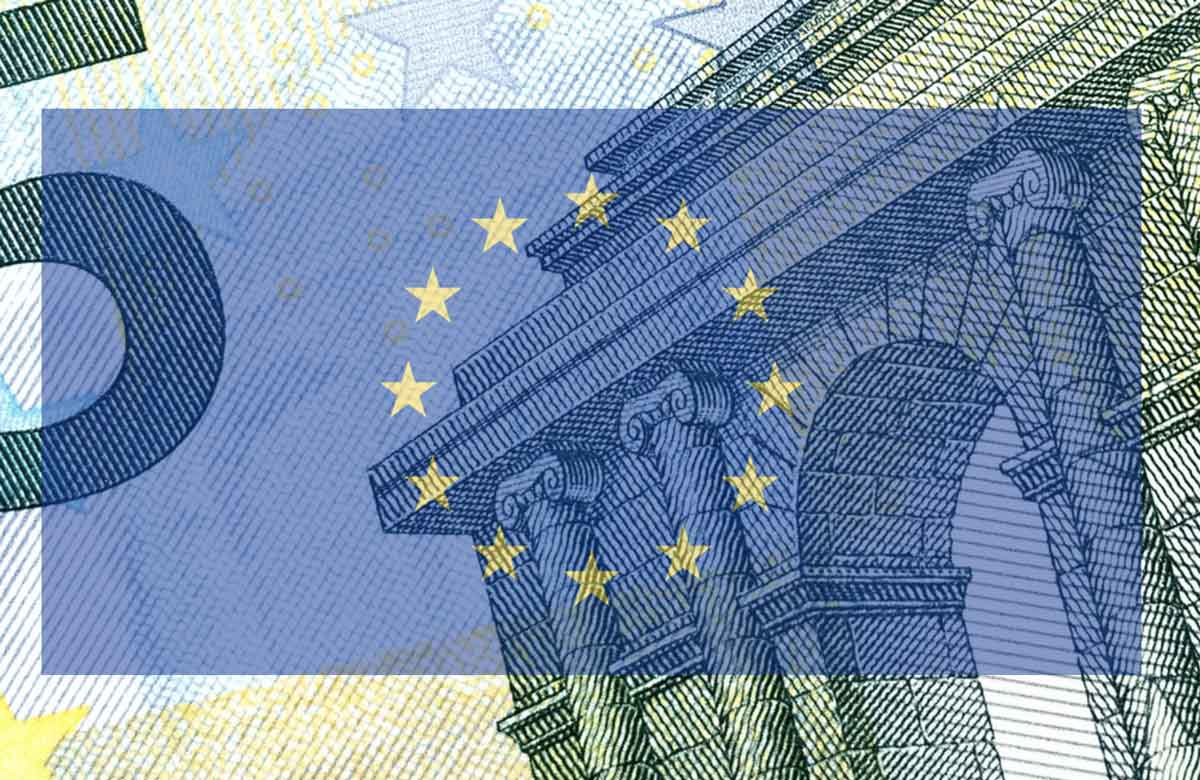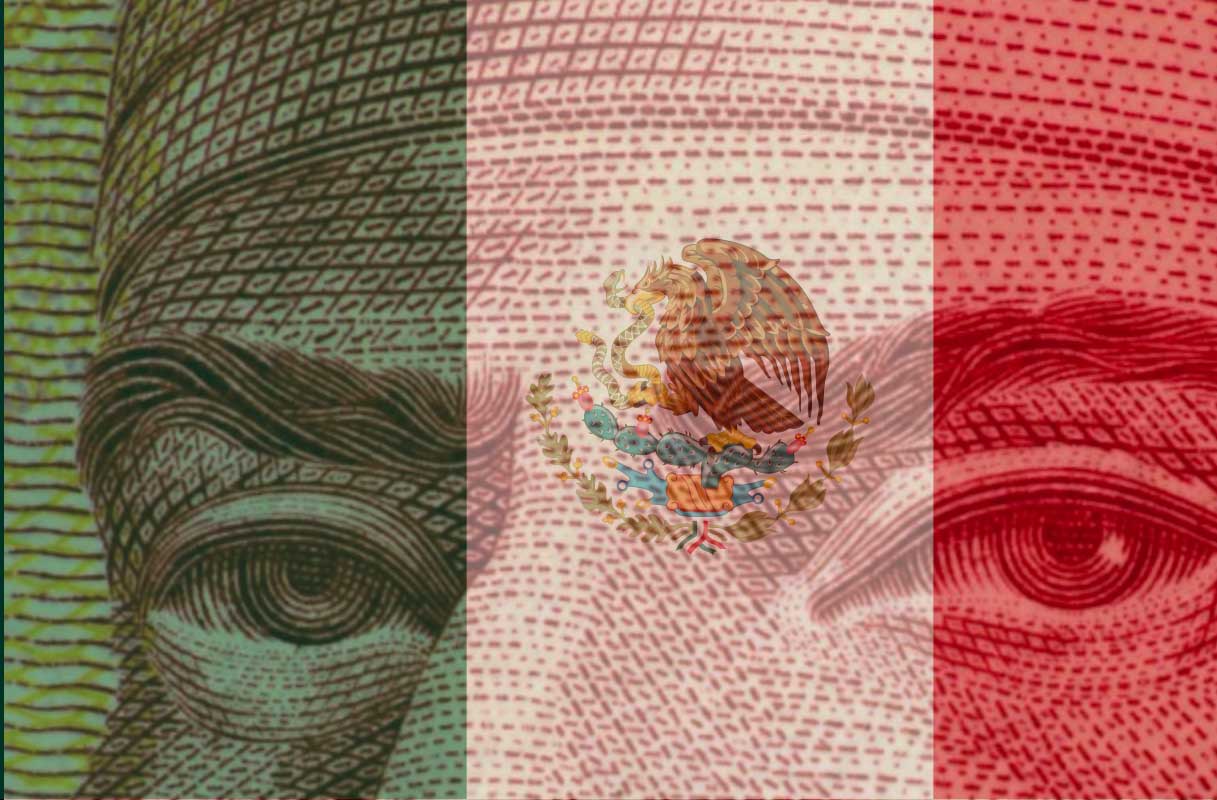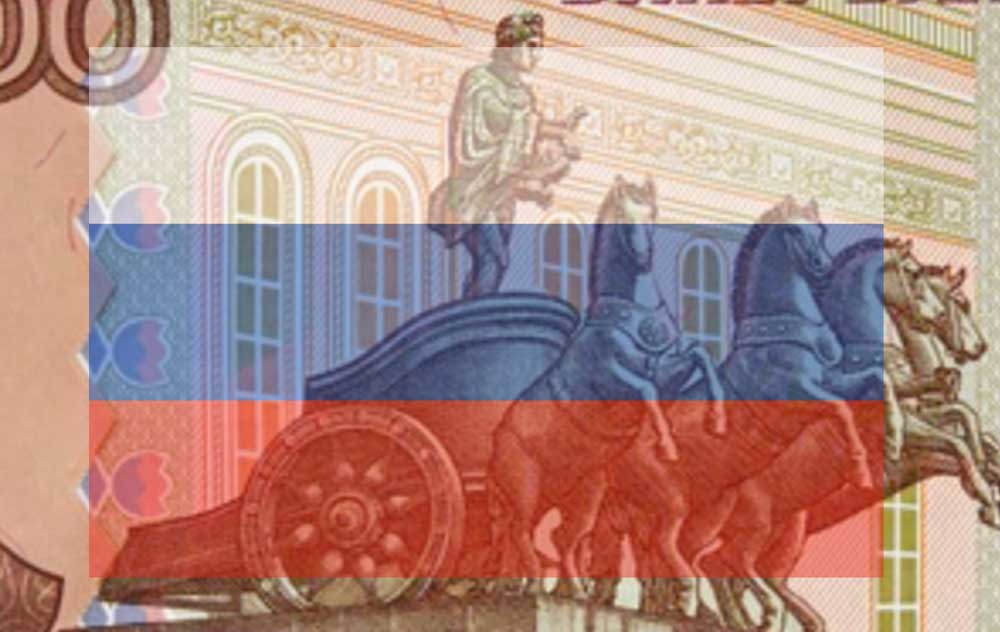Recent News >
By Currency: (GBP) USD(33) EUR(22) AUD(21) JPY(18) CAD(13) GBP(13) CHF(12) CNY(9) NZD(7) INR(7) SGD(6) MXN(6) THB(4) RUB(3) SEK(2) TWD(2) VND(2) PHP(2) NGN(2) IDR(2) HKD(2) PLN(1) NPR(1) KRW(1) ZAR(1) LAK(1) MMK(1) SYP(1) TRY(1) PKR(1) RON(1) ARS(1) KES(1) GHS(1) UGX(1) MYR(1) NOK(1) FJD(1)
By Topic: About Us(9) Foreign Transfers(6) Fx Specialists(6) Wise(6) Revolut(5) Travel Money(3) Expat(3) Ofx(3) Fx Analysis(2) Fx Risk(1) Large Amounts(1) Business(1) Foreign Currency Accounts(1) Africa(1) Travel Cards(1) Crypto(1) Study Abroad(1)

Currency Market Update - Week ending 2026-02-08
Weekly currency market update—practical actions for SMBs, expats and travellers across AUD, CAD, GBP, NZD, SGD, USD, EUR and JPY

Japan Travel Boom: Weak Yen Makes Winter Trips Exceptional Value
With the yen down sharply against major currencies, winter in Japan offers rare value on hotels, food, transport, and skiing. A rare currency tailwind for travellers.

Global Central Banks Shift Policy: Key FX Impacts for August 2025
Central banks are moving in different directions—Australia cuts, UK eases despite inflation, and the Fed faces political risks. Here’s what it means for exchange rates and transfer timing.

Dollar Surges, Rupee Stumbles: What's Driving FX Markets Now
Global FX markets shifted in July as the USD gained on trade deals, the British pound climbed, and the Indian rupee weakened on tariff fears. Here’s what’s driving currencies now.

Volatile May for Foreign Exchange Rates: EUR, GBP, JPY, AUD, NZD, RON
In May 2025, currency markets experienced notable fluctuations influenced by geopolitical developments, economic policies, and trade relations. The pound (GBP) and euro (EUR) were strong while U.S. dollar (USD) exhibited a weakening trend, while several other currencies demonstrated strength.

The U.S. Dollar Is Losing Ground to the Euro — And the World Is Watching
Deutsche Bank forecasts a significant weakening of the US dollar in the coming years, potentially reaching its lowest level against the euro in over a decade.

Global Currency Markets React to U.S. Tariffs and Economic Policies
Recent U.S. trade policies, including aggressive tariffs on auto imports, have introduced significant volatility in global currency markets, affecting major currencies such as the euro, British pound, and Japanese yen.

Will the US dollar remain strong?
The dollar has risen by nearly 20% against most currencies compared to this time last year.

Great News for Travelers to Europe this Summer
Stronger AUD, USD, and GBP Against the Euro due to surprise French elections.

US Dollar Hits 14-Month Low on Cooling US Inflation
USD sinks as global currency markets react to slowing US inflation, prompting a surge in other major currencies and a potential end to the Federal Reserve's tightening cycle.

Fears of US Recession Shifts Currencies & Commodities
As we approach mid-year a shift has taken place in currency markets with the narrative less about interest rates hikes and more risk-off worries about a possible coming recession.

War and Inflation Powers US Dollar Strength
During periods of rising inflation a stronger currency benefits a country's economics as this makes imports cheaper.

Russian sanctions mount - US dollar gains
Any curbs to Russian access to its foreign reserves could present a bigger blow to the Russian economy than the impact of a ban on Swift.

Guernsey Country Guide (GG)
Guernsey is a small island in the English Channel, between England and France. It is a British Crown dependency and has its own government, but it is not part of the United Kingdom. Here are a few travel tips and things to see when visiting Guerns...

Isle of Man Country Guide (IM)
The Isle of Man is a small island nation located in the Irish Sea between Great Britain and Ireland. The island is known for its beautiful scenery, friendly people, and relaxed lifestyle. The Isle of Man is a popular destination for travelers and exp...

Jersey Country Guide (JE)
For travelers, Jersey is a great destination for its beaches, hiking, and scenic views. For expats, Jersey is an ideal place to live because of its low cost of living, friendly people, and great quality of life.

South Georgia and South Sandwich Islands Country Guide (GS)
South Georgia and the South Sandwich Islands are a British Overseas Territory located in the South Atlantic Ocean. The islands are uninhabited, except for a small number of scientists and support staff who are based there during the summer months....

United Kingdom Country Guide (GB)
The United Kingdom (UK) is a vibrant destination brimming with historical landmarks, modern attractions, and diverse cultural experiences. To make the most of your trip, here are essential tips for navigating the UK like a pro.
